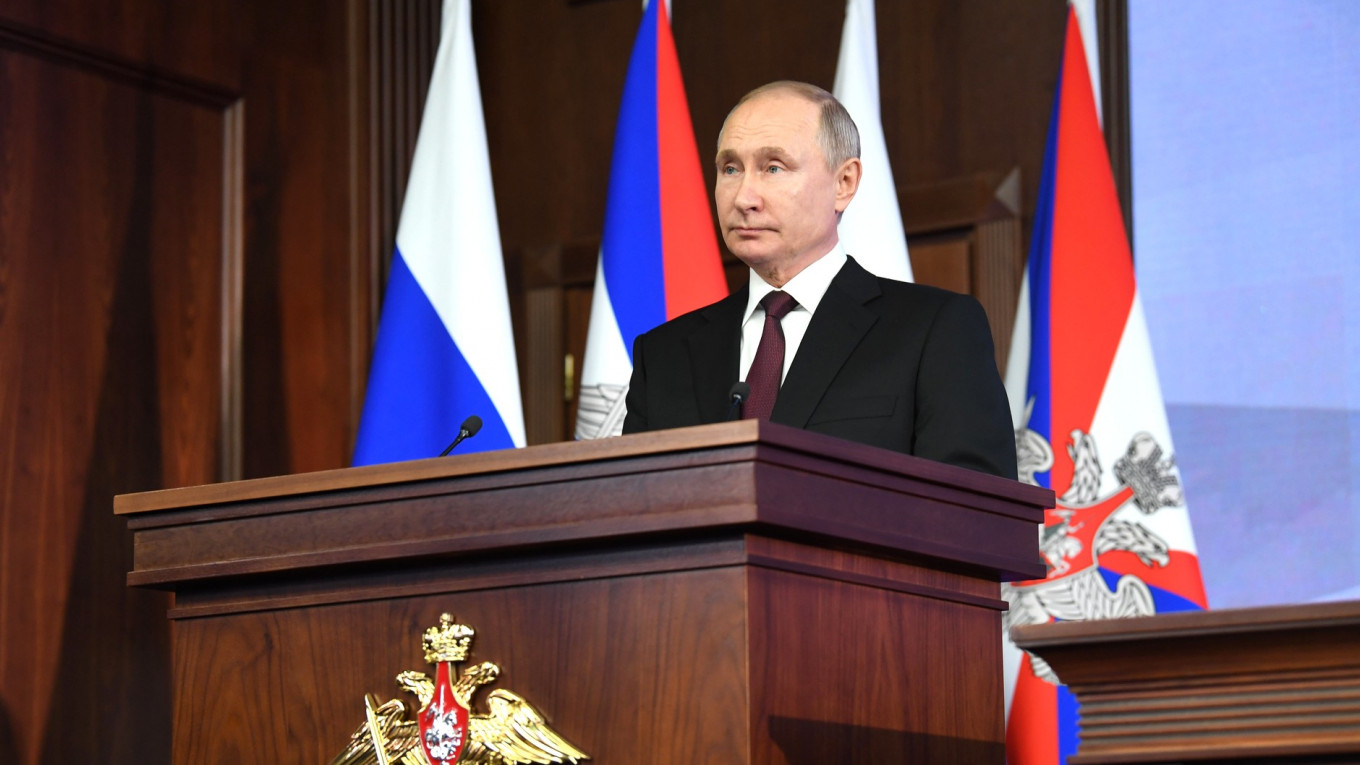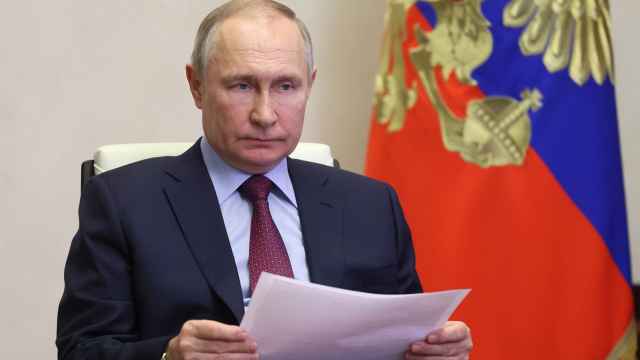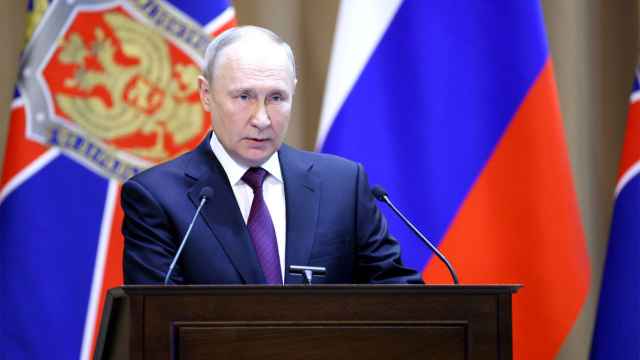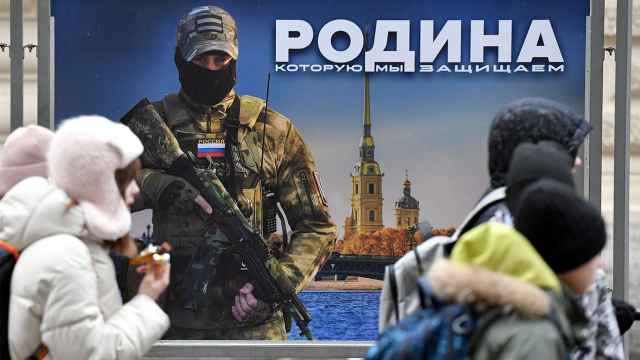Russian President Vladimir Putin signed a bill into law Tuesday that allows former presidents to become senators for life when they leave office.
The law is the latest legislative change regarding Russia's ex-presidents amid continuing questions over Putin’s future after his current term limit expires in 2024. The law is also part of sweeping constitutional reforms allowing Putin to ignore current limits and run for two more six-year presidential terms.
Under the newly signed law, lifetime senatorship is granted to both presidents who leave office at the end of their terms as well as those who resign early. It also retroactively applies to Dmitry Medvedev, who replaced Putin as president for one term in 2008-12 and is currently Putin’s deputy on the Russian Security Council.
Presidents who leave office after the law’s adoption have three months after their resignation or retirement to apply for lifetime senatorship. Medvedev, according to the legislation, can apply anytime.
The president can appoint 30 out of 170 senators, seven of whom can be appointed for life, according to the law's text. Ex-presidents can also turn down lifetime senatorship.
The law comes into force the day of its publication Tuesday.
Russian law currently grants immunity from criminal prosecution to members of both chambers of parliament. However, Russian senators last week sent a bill to Putin’s desk explicitly granting former presidents lifetime immunity from prosecution. That draft legislation is also a part of a larger set of constitutional reforms approved by Russian voters this summer.
Putin said during his annual press conference last week that he has not yet decided whether he will run for president again in 2024.
A Message from The Moscow Times:
Dear readers,
We are facing unprecedented challenges. Russia's Prosecutor General's Office has designated The Moscow Times as an "undesirable" organization, criminalizing our work and putting our staff at risk of prosecution. This follows our earlier unjust labeling as a "foreign agent."
These actions are direct attempts to silence independent journalism in Russia. The authorities claim our work "discredits the decisions of the Russian leadership." We see things differently: we strive to provide accurate, unbiased reporting on Russia.
We, the journalists of The Moscow Times, refuse to be silenced. But to continue our work, we need your help.
Your support, no matter how small, makes a world of difference. If you can, please support us monthly starting from just $2. It's quick to set up, and every contribution makes a significant impact.
By supporting The Moscow Times, you're defending open, independent journalism in the face of repression. Thank you for standing with us.
Remind me later.






